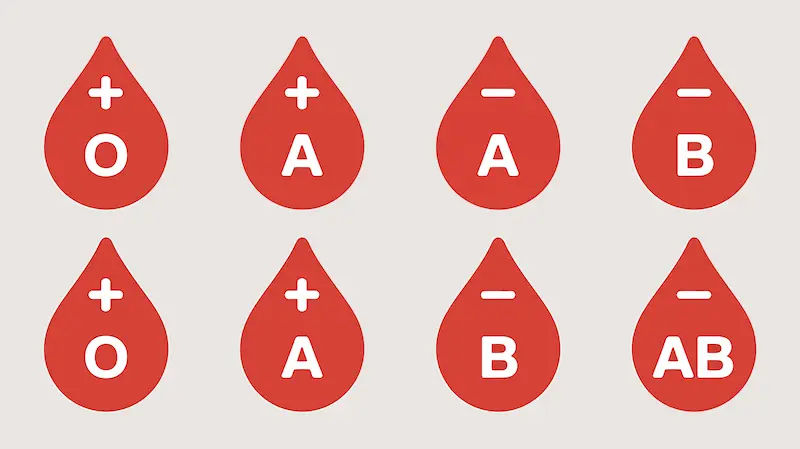Chagas Disease Overview and Management
Know about the Chagas disease, what it is, how they contracted, symptoms, management and treatment options. Learn about the prevention and lifestyle tips to avoid it.


Introduction
Chagas disease, also known as American trypanosomiasis, is a parasitic infection caused by the Trypanosoma cruzi parasite. It is primarily found in rural areas of Latin America but has spread to other regions due to travel and migration. While many people with Chagas disease may not show symptoms initially, the infection can lead to serious heart and digestive complications if left untreated.
This article will help you understand Chagas disease, its symptoms, causes, and how to manage it effectively.
What is Chagas Disease?
Chagas disease is caused by a parasite called Trypanosoma cruzi, which spreads mainly through the bite of infected triatomine bugs (also called "kissing bugs"). These bugs are common in parts of Central and South America but can also be found in some regions of the U.S.
The disease has two phases:
1. Acute Phase – Occurs shortly after infection and may cause mild or no symptoms.
2. Chronic Phase – Develops years later and can lead to severe heart or digestive problems.
Early detection and treatment are crucial to preventing long-term complications.
How Do People Get Chagas Disease?
Chagas disease spreads in several ways:
1. Triatomine Bug Bites – The main cause. These bugs usually bite at night and leave parasite-infected faeces near the wound. Scratching the bite can allow the parasite to enter the body.
2. Contaminated Food or Drink – Consuming food or liquids contaminated with the parasite.
3. Mother-to-Baby (Congenital Transmission) – Infected mothers can pass the parasite to their babies during pregnancy or childbirth.
4. Blood Transfusions or Organ Transplants – Rarely, the disease can spread through infected blood or organs.
5. Accidental Lab Exposure – Healthcare workers handling infected blood may be at risk.
Symptoms of Chagas Disease
Many people with Chagas disease do not experience symptoms initially. When symptoms do appear, they vary based on the phase of the infection.
- Acute Phase (Early Stage) Symptoms
- Fever and fatigue
- Swelling at the infection site (if bitten by a bug)
- Swollen eyelids (if the parasite enters through the eye)
- Body aches, rash, or headache
- Loss of appetite, nausea, or diarrhoea
These symptoms usually go away on their own, but the infection remains in the body.
Chronic Phase (Years Later) Symptoms
If untreated, about 30% of infected people develop serious complications, including:
Heart Problems:
- Irregular heartbeat
- Heart failure
- Sudden cardiac arrest
Digestive Problems:
- Difficulty swallowing (due to enlarged oesophagus)
- Severe constipation or abdominal pain (due to an enlarged colon)
Diagnosis and Testing
If you live in or have travelled to areas where Chagas disease is common, or if you have symptoms, your doctor may recommend tests such as:
- Blood tests (to detect the parasite or antibodies)
- Electrocardiogram (ECG) (to check for heart complications)
- Imaging tests (like X-rays or echocardiograms)
- Early diagnosis improves treatment success.
Get Your Health Assessed
Treatment and Management
Medications
- Antiparasitic drugs (like benznidazole or nifurtimox) are most effective in the early stages.
- Symptom management for chronic cases (heart medications, pacemakers, or surgery for digestive issues).
Lifestyle and Prevention Tips
- Avoid exposure to kissing bugs – Use insect repellent, sleep under bed nets, and seal cracks in homes.
- Screen blood donations – Ensures safe blood transfusions.
- Pregnant women in high-risk areas – Get tested to prevent transmission to babies.
- Proper food hygiene – Wash fruits and vegetables thoroughly and avoid unpasteurized juices.
When to See a Doctor?
Consult a healthcare provider if:
- You have been bitten by a kissing bug.
- You experience symptoms like fever, swelling, or heart irregularities after visiting an endemic area.
- You are pregnant and have lived in or travelled to a high-risk region.
- Early treatment can prevent severe complications.
Final Thoughts
Chagas disease is a serious but manageable condition. Awareness, early diagnosis, and proper treatment can prevent long-term health issues. Adopting lifestyle and Prevention tips like screening blood donations and proper food hygiene can help too. If you have any concerns, don’t hesitate to seek medical advice.
Consult General Practitioner for Personalised Advice
Consult General Practitioner for Personalised Advice

Dr. Rajib Ghose
General Physician/ Internal Medicine Specialist
25 Years • MBBS
East Midnapore
VIVEKANANDA SEBA SADAN, East Midnapore

Dr Suseela
General Physician
5 Years • MBBS
Bengaluru
Apollo Medical Center, Marathahalli, Bengaluru

Dr. Zulkarnain
General Physician
2 Years • MBBS, PGDM, FFM
Bengaluru
PRESTIGE SHANTHINIKETAN - SOCIETY CLINIC, Bengaluru

Dr. Pankaj Tripathi
General Practitioner
20 Years • MBBS, MD Pathology
Lucknow
Best Diabetologist Clinic, Lucknow

Dr Shivaji Rao
General Physician/ Internal Medicine Specialist
30 Years • MBBS, MD, DNB
Bengaluru
Apollo Clinic, JP nagar, Bengaluru





